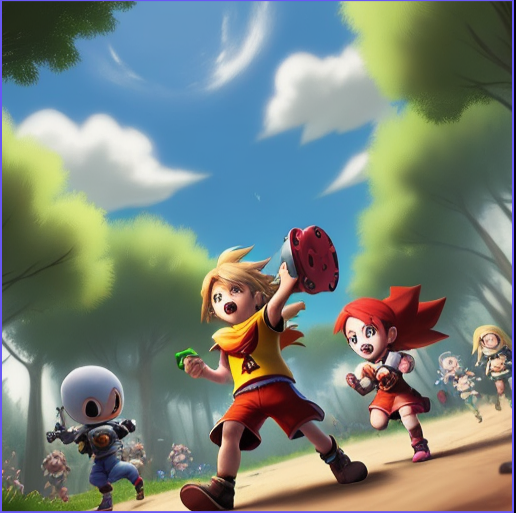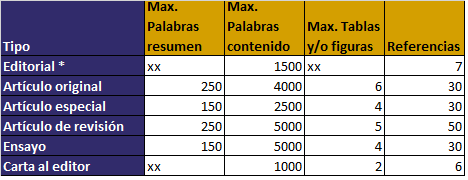Sociological aspects of video games in childhood culture
DOI:
https://doi.org/10.37711/desafios.2023.14.2.392Keywords:
Sociological aspects, video games, childhood, cultureAbstract
In a child's life, there are numerous influences that are projected on him, both in his primary and secondary socialization. Indeed, the roles and functions that he gradually acquires in the family and, later, in school and in the neighborhood, play a fundamental role in the structuring of his subjectivity and his intersubjectivity in relation to his environment. It is a reciprocal relationship between him and his context, where he must strengthen his security for the constitution of the self, while he will contribute with his creativity and commitment to the social space where he immerses himself with full intention, focusing on his identification and constant integration.
Childhood is crossed by a performativity that will repeat a dichotomous process around the social differentiation of the sexes that both the boy and the girl will internalize under the label of normality, becoming perennialized until adulthood, where the individual is amalgamated to a series of rituals and convergences of diverse nature. It is worth noting that, according to the context and society to which we are referring, this kind of performativity will have different paths and results in the person. The Latin American case, for example, and more particularly the Peruvian case, reflects the way in which a series of behaviors are inhibited under the dichotomy of the sexes applied to gender identity,
Downloads
References
Berger, P. y Luckmann, T. (2001). La construcción social de la realidad. Amorrortu.
Calderón, D. (2015). Los niños como sujetos sociales. Notas sobre la antropología de la infancia. Nueva antropología, 28(82), 125-140.
https://www.redalyc.org/pdf/159/15943065007.pdf
Chávez-Montero, A. (2018). Evaluación y diseño de videojuegos: herramientas de aprendizaje lúdico en las aulas. En A. Chávez-Montero, S. Peñalva y L. Rodas (Eds.), Aprendizaje lúdico: los videojuegos (pp. 27-42). Egregius ediciones.
Córdoba, M. y Ospina, J. (2019). Los videojuegos en el proceso de aprendizaje de los niños de preescolar. Revista Interamericana de Investigación, Educación y Pedagogía, 14(1), 113-138.
Gaitán, L. (2006). La nueva sociología de la infancia. Aportaciones de una mirada distinta. Política y Sociedad, 43(1), 9-26.
Mead, G.H. (1990). Espíritu, persona y sociedad. Paidós Studio.
Pávez, I. (2012). Sociología de la infancia: las niñas y los niños como actores sociales. Revista de sociología, (27), 81-102. https://doi.org/10.5354/0719-529X.2012.27479
Tonucci, F. (2002). Cuando los niños dicen basta. Fundación German Sánchez Ruipérez.
Van Dijk, S. (2007). Participación infantil. Una revisión desde la ciudadanía. TRAMAS. Subjetividad y Procesos Sociales, 2(28), 43-66. https://tramas.xoc.uam.mx/index.php/tramas/article/view/477
Zuratzi, D. (2018). Los lenguajes compartidos de los videojuegos. En R. Núñez, D. Castillo y B. López (Eds). Narrativas transmedia, literatura y videojuegos en la
cultura. (pp. 189-209). Editorial UNSA.

Downloads
Published
How to Cite
Issue
Section
License
Copyright (c) 2023 Jerjes Loayza

This work is licensed under a Creative Commons Attribution 4.0 International License.
a. Los autores conservan los derechos de propiedad intelectual (copyright) de las obras publicadas, cediendole a la revista el derecho de primera publicación.
b. Los autores retienen sus derechos de marca y patente, y también sobre cualquier proceso o procedimiento descrito en el artículo.
c. Los autores retienen el derecho de compartir, copiar, distribuir, ejecutar y comunicar públicamente el artículo publicado en la RD (por ejemplo, colocarlo en un repositorio institucional o publicarlo en un libro), con un reconocimiento de su publicación inicial en la RD.
d. Los autores retienen el derecho a hacer una posterior publicación de su trabajo, de utilizar el artículo o cualquier parte de aquel (por ejemplo: una compilación de sus trabajos, notas para conferencias, tesis, o para un libro), siempre que indiquen la fuente de publicación (autores del trabajo, revista, volumen, número y fecha).























